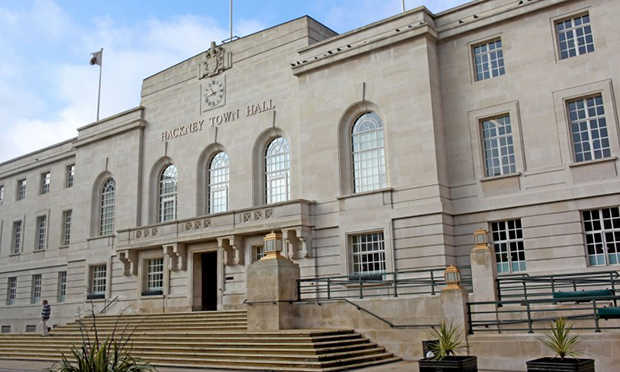Cases of self-neglect and cuckooing have risen during the pandemic, safeguarding report finds

The number of cases of cuckooing, which sees criminals take over the homes of vulnerable people, has increased in Hackney during the last year.
According to the City and Hackney annual adult safeguarding report, there was also a rise in reports of self-neglect.
The pandemic and the associated lockdowns made it harder for people to access support and have contact with family and friends.
The report expects more cases to come to light.
Due to the cyber attack on Hackney Council last year, data for 2020/21 is incomplete, with the report’s authors using figures from October 2020, when the hack took place, to March 2021.
However, it estimated that 21 per cent of safeguarding cases were about self-neglect – up from 16 per cent the previous year.
Psychological abuse went up from 12 per cent in 2019/20 to an estimated 15 per cent in 2020/21.
Domestic abuse cases accounted for 12 per cent of safeguarding reports in 2019, but dropped to an estimated eight per cent last year.
“This is surprising as there appeared to be an increase in domestic abuse during the early stages of the first lockdown,” the report states. “However, not all domestic abuse cases will be reported as safeguarding, with these being reported to the Domestic Abuse Intervention Service and to police as well.”
The report also warns of the increase in cuckooing, in which vulnerable people are targeted by others who take over their homes and use them for criminal activities such as drug-dealing or hiding weapons.
“It is not clear whether this increase has been due to increased instances of cuckooing or better awareness of this [crime] amongst professionals and increased reporting,” the report says.
Tell-tale signs include frequent visitors to a home, residents who are scared, threatened or coerced, and people with large amounts of cash or multiple mobile phones, according to police. Weighing scales and deal bags would be other causes of alarm.
The safeguarding board’s chair Dr Adi Cooper told Hackney’s health scrutiny commission there were “significant increases in need” last year.
Self-neglect and financial abuse and neglect were the most common forms of abuse – and reflect a picture seen nationally during lockdown.
There was also “inadvertent” issues as relatives turned away help such as district nurses for fear of infection during lockdown.
Across the country, safeguarding calls dropped during the first lockdown but increased after it eased.
